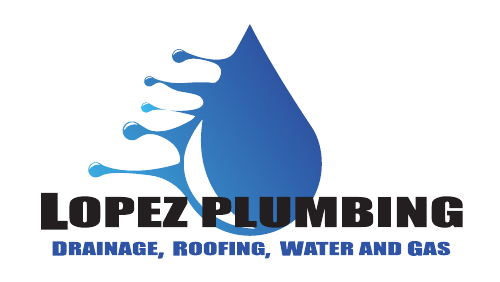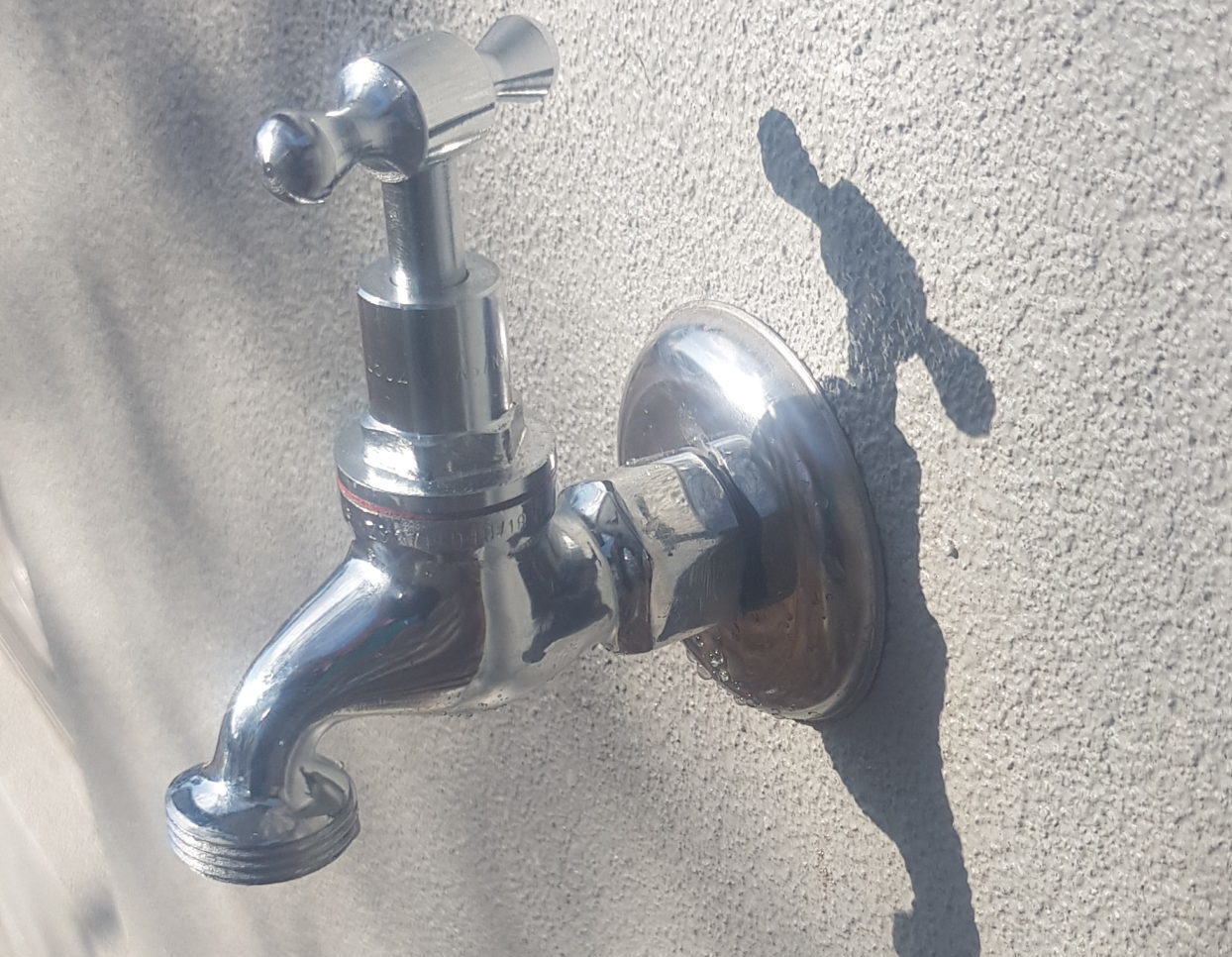Maintaining and servicing hot water systems is crucial for ensuring their efficient operation, prolonging their lifespan, ensuring safety, maintaining water quality, and preventing costly breakdowns. Regular servicing helps address minor issues before they become major problems, saving both time and money while promoting the longevity and reliability of the system.
- Efficiency: Regular maintenance helps ensure that hot water systems operate at peak efficiency. Over time, sediment, mineral deposits, and other debris can accumulate in the system, leading to decreased performance and increased energy consumption. By servicing the system, these issues can be addressed, resulting in improved energy efficiency and lower utility bills.
- Prolonged lifespan: Hot water systems that are well-maintained tend to have a longer lifespan. Neglecting maintenance can lead to premature wear and tear, corrosion, leaks, and other damage that can significantly reduce the system’s lifespan. Regular servicing helps identify and address minor issues before they escalate into major problems, ultimately prolonging the life of the system.
- Safety: Hot water systems, especially those that use gas or electric heating elements, can pose safety risks if not properly maintained. For instance, Electric systems require inspection of thermostats, and heating elements to avoid electrical hazards.
- TPR or Temperature pressure Relief Valves should be flushed every 6 months. TPR and Tempering valves Also need replacing every 5 years. Regular servicing ensures that safety features are functioning correctly and potential risks are minimized.
- Water quality: Over time, sediment and mineral deposits can accumulate in the hot water system, affecting water quality. These deposits can result in discolored water, unpleasant odors, and a decrease in water flow. Servicing the system helps maintain the quality of the hot water and prevents issues like clogged pipes or taps.
- Preventative maintenance: Regular servicing allows professionals to identify and address potential problems before they escalate. They can check for signs of corrosion, leaks, or damaged components, and make the necessary repairs or replacements. This proactive approach helps prevent unexpected breakdowns and costly emergency repairs, saving both time and money in the long run.

